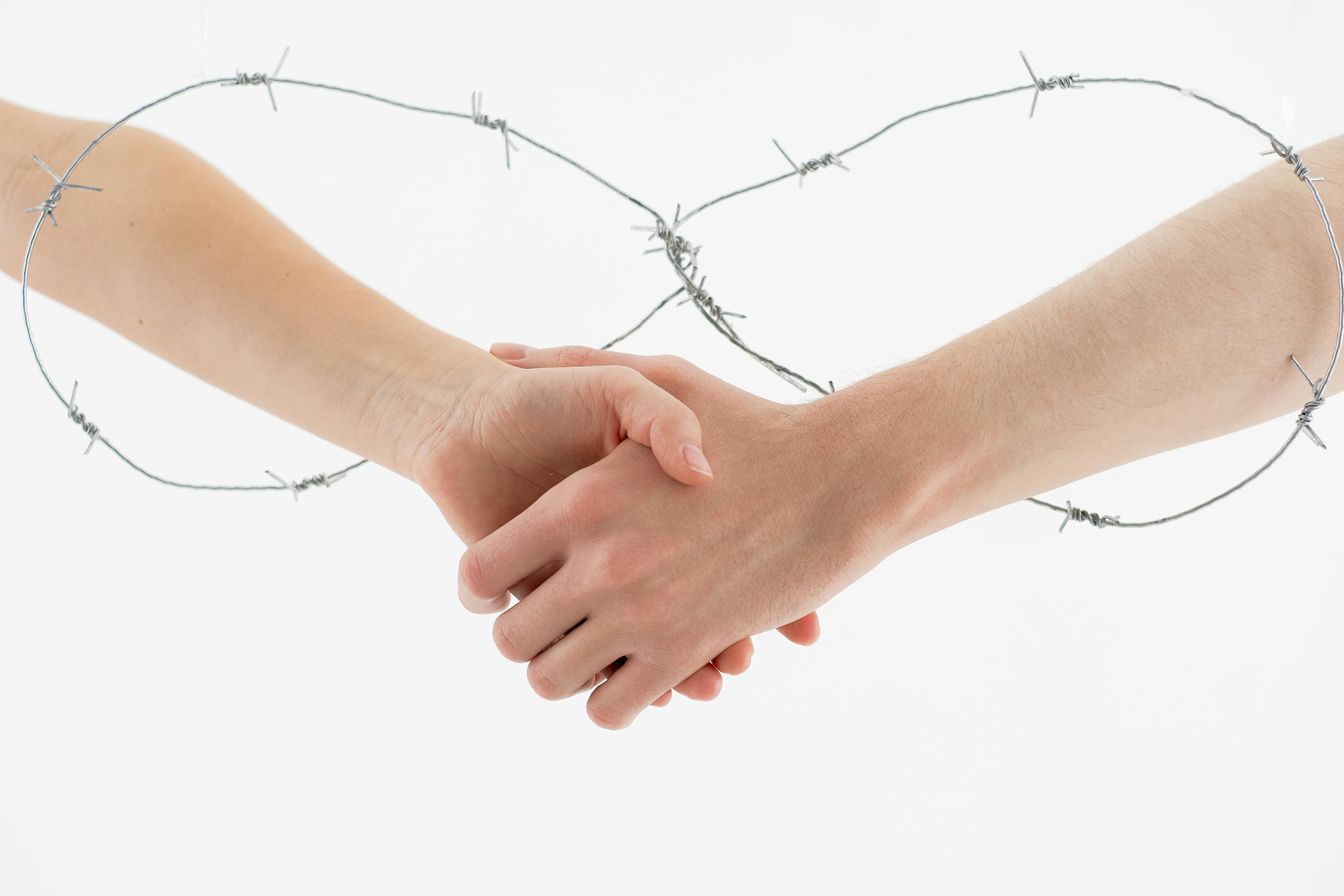



Third Culture Kids - Through Megan's Eyes...
"Where are you from?" "Well, where is home?" "What accent is that?"
These are the questions I've spent the last 17 years hearing. And my reply is always the same:
"Do you want the long answer or the easy answer?"
I am a Third Culture Kid, which means I am a child raised in a culture other than my country of nationality during a significant part of my child development years.
When I was 6 years old, my family moved from Minnesota, USA to Cork, Ireland. I was old enough to have a significant amount of memories of the time I lived in the US; friends, neighbors, school, and a church community. I had a general sense of identity as an American girl, though of course I had no idea what that even meant at such a young age.
I remember feeling cool telling everyone I knew that I was moving across the ocean to Ireland. A place I didn't even know existed until my parents showed it to my brother (who was 3 at the time) and I on a world map.
I realised the moment I walked into my 1st class classroom that being "the new American girl" was not going to be as exciting as I'd envisioned. Everyone had their 'best friend' picked out, knew each other's name, and understood the Irish vernacular. I sat next to Karen, who showed me the tiny pink doll in the sole of her shoe. I would later learn they were Clarks Daisy Locket shoes, and tell my mom I "NEEDED" them immediately.
Three hours later I sat on the tarmac of my schoolyard crying and telling my classmates "I want to go home".
I don't think I knew exactly what 'home' I wanted to go to.
Because what even is 'home' for a person who spent 7 years in America, 15 years in Ireland, lived in Spain for 5 months, and now resides in Virginia, USA?
I think my mom summed it up pretty well when my family visited me here in the USA during Christmas of 2022. The four of us walked into the Woodrow Willson Presidential Museum in Staunton, VA, and the old lady at the welcome desk said "Hey y'all! Where are ya visiting us from today?"
We all glanced at each other with a knowing look in our eyes and I said "That's not exactly an easy answer." She laughed and said, "Alright, well where's home?" And my mom exclaimed, "Home is right here in this museum, because the four of us are together!" The lady, who had probably never stepped foot outside of Virginia, looked at us like we had three heads and six sets of eyes.
Translation between cultures
I think the best way to sum up my experience as 'an American who spent most of her life in Ireland' is this:
In 2017 a group of Californians visited Cork for a summer camp at my church and I spent the entire week being, for lack of a better word, a translator between the Irish and American kids and teenagers.
US: "It's MIC-Donalds"
IE: "No it's MAC-Donalds"
Me: "Guys…both are right!"
--------
US: "I was driving 60 miles an hour"
IE: "What does that mean?"
Me: "It's about 100 kilometers an hour."
--------
IE: "What do you think the Irish word 'focail' means?"
US: "That sounds like a swear word"
Me: "I promise it's not"
What this means for you...
Third Culture Kids (TCK’s) have a deep understanding of different cultures, and they can see things from multiple perspectives. This makes them valuable assets in helping to promote cross-cultural understanding within a company. These skills and perspectives can help organizations to achieve success.
Cornerstone Learning has a course available for managers and leaders to learn about diversity and multiculturalism and how people like me can be helpful in the workforce. The case study on Third Culture Kids can help you understand our challenges, strengths, and how effectively engaging with our perspective can enrich your team's cohesion and performance.
Our family is living this and we take every opportunity we can to help people understand both sides. Fostering an inclusive environment is integral not only in the workplace but in everyday life. Learning to ask meaningful questions, bridge gaps, and build connections that transcend surface-level differences is essential for uncovering shared values and unique cultural traits.
Credit: Photo by Suzy Hazelwood (pexels.com)

.jpg)

